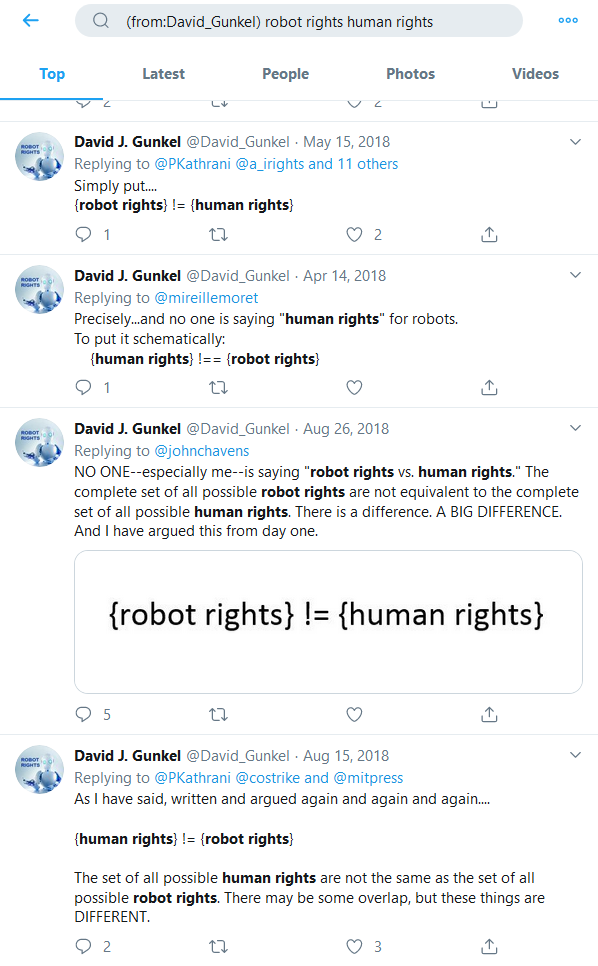The deep issue here is the relationship between the phenomenological embodiment and artifacts. Ultimately, you can't have both. (Thread)
It's not at all clear to me that recognizing these threats requires strong metaphysical distinctions between human and robot agency.
Rights are not zero sum.
digitalcommons.odu.edu/cepe_proceedin…
twitter.com/search?q=(from…

Our agency is embodied, but so is the agency of our artifacts.
At the same time, the paper argues that "artifacts attain their meaning by mediating our world [of] enactment".
Using *embodiment* to distinguish agents from artifacts is symptomatic of this.
From the perspective of embodiment, there is no room to distinguish agents from other kinds of machines.
The fact that you give an embodied account of agency hasn't stopped you from reifying the agential subject, and centering the world on their operations. That's Cartesianism.
That something "seems like a tool to me" cannot be grounds for denying its agency
"Agent" and "artifact" are two different ways of looking at the same fundamentally mechanical world.
These are not distinctions in "ways of being" as such.
"no robots that come close to the kind of ‘being’ that humans are"
is fundamentally inconsistent with an embodied perspective on agency.
It amounts to saying that the metaphysics of artifacts is more fundamental than that of embodiment.
But what does this imply? Artifacts also find themselves in a world of socially constructed meaning!
The OP fails to engage the robot rights literature as a critique of human exceptionalism as such.
Then they critique Cartesianism while embracing exceptionalism, which imo undermines the force of their critique.
a) the robot rights literature
b) the metaphysics of embodiment and agency
c) the metaphysics of artifacts
But more importantly, I don't think these issues matter to the ethical (human welfare) issues that motivate their paper...
I have more to say, but I'll stop here =)



